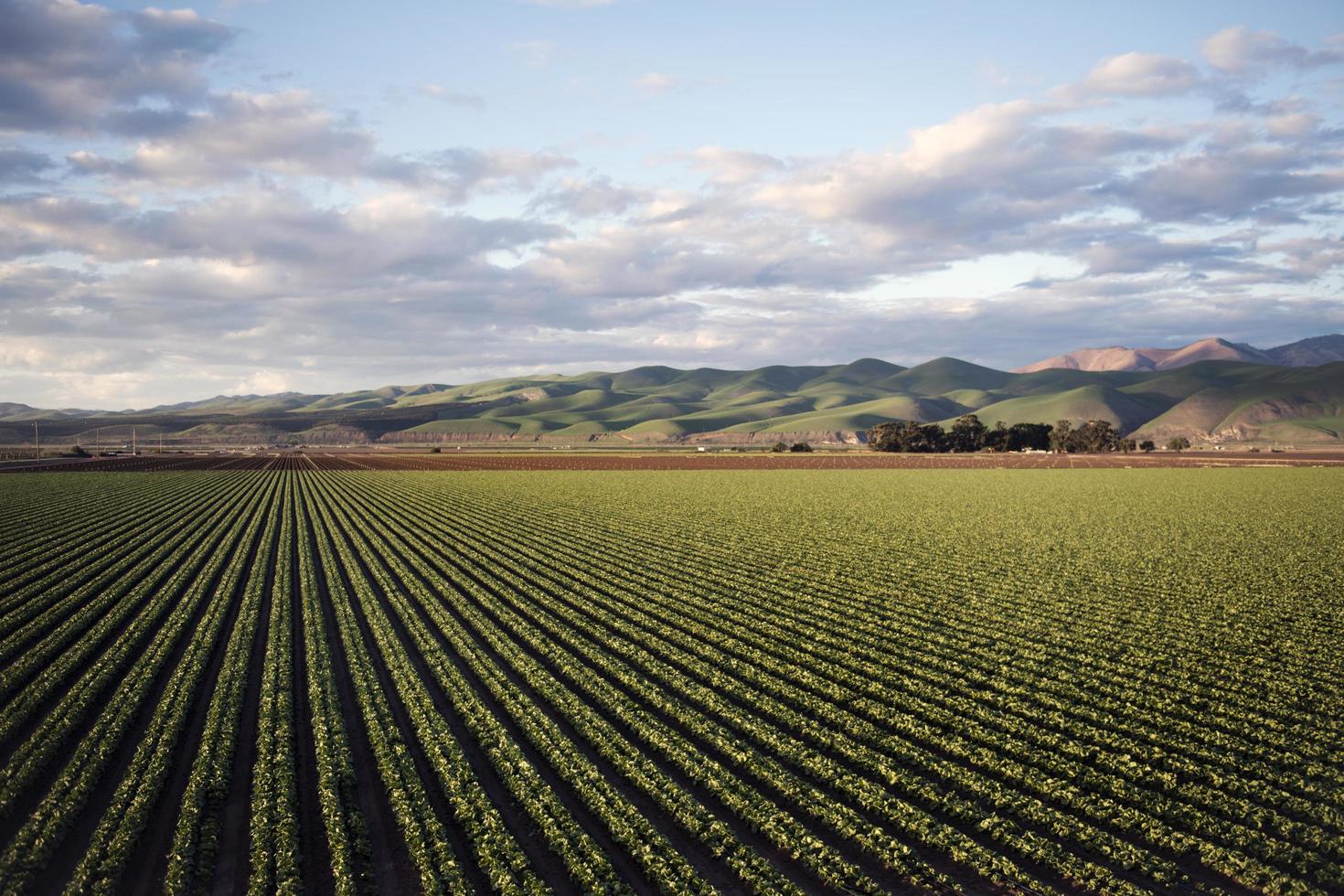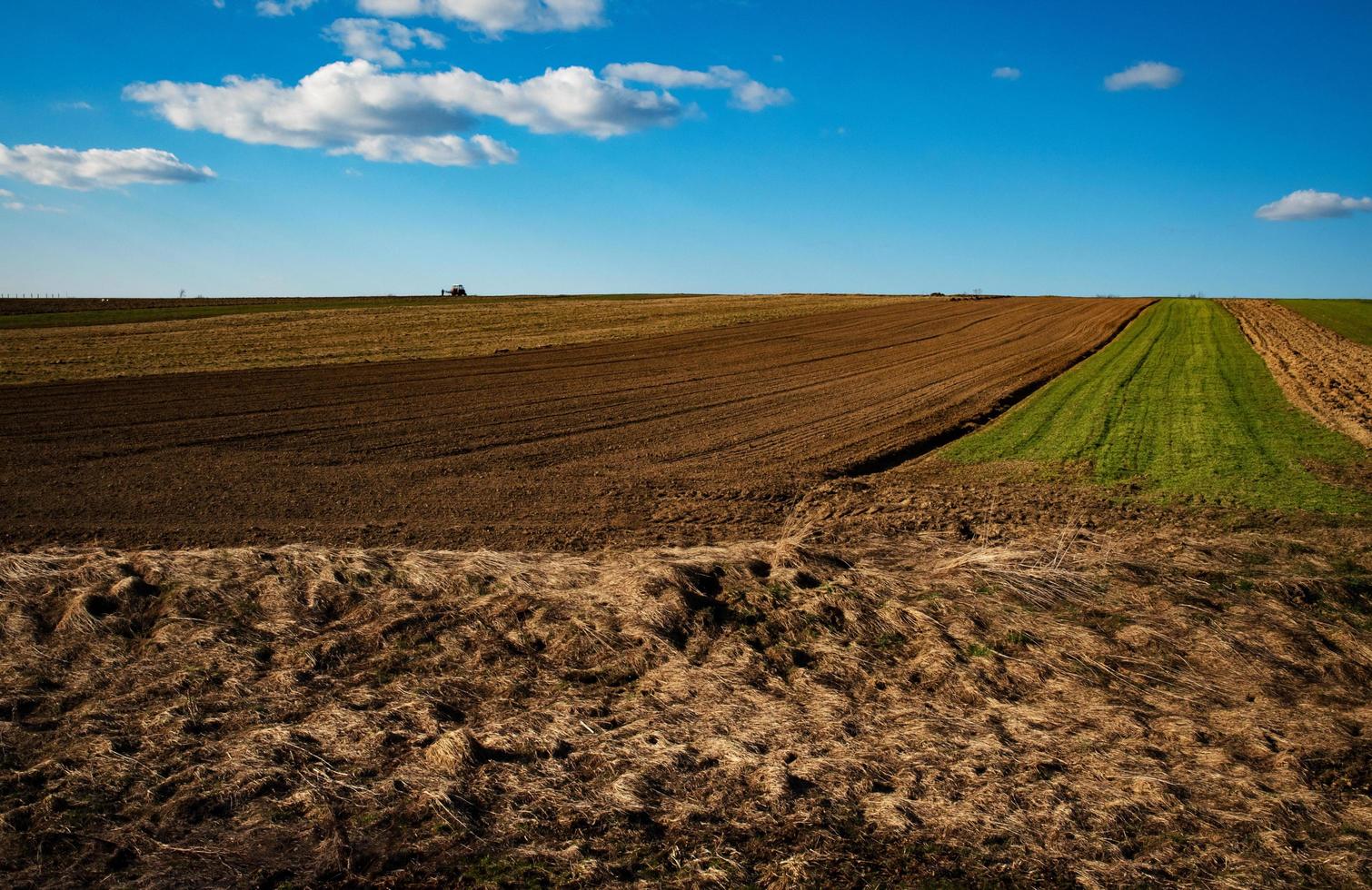
Land leveling is a crucial step in the process of preparing land for agriculture, construction, or landscape projects. It involves the redistribution of soil to create a more even surface, which can improve drainage, reduce erosion, and promote better crop growth. With the right equipment, land leveling can be done efficiently and effectively, saving time and resources. This article focuses on the factors you should consider when choosing the right equipment for land leveling.
Size and Scope of the Land Leveling Project
The size and scope of your project will greatly influence the type of equipment you need for land leveling. For smaller projects, such as leveling a residential yard or small plot of land, a simple box scraper or skid steer with a land leveler attachment may suffice. On the other hand, larger projects, like leveling a farm field or preparing land for commercial construction, may require a tractor with a land plane or a motor grader.
Soil Type and Condition
The type and condition of the soil you’re working with will also impact the equipment you choose for land leveling. For example, sandy or loamy soils may be easier to work with and require less powerful equipment, while clay or rocky soils may require more robust machinery to break up compacted material and redistribute it. In addition, wet or saturated soils may be more difficult to work with and may require specialized attachments or equipment to handle the conditions.
Budget and Cost Considerations
Your budget is an essential factor in determining what equipment to choose for your land leveling project. Purchasing or renting equipment can be a significant investment, so it’s essential to select the most cost-effective option for your specific needs. Keep in mind that investing in quality equipment can save you time and money in the long run, as it may require less maintenance and perform better over time.
Operator Skill and Experience
The skill and experience of the operator can greatly affect the efficiency and effectiveness of the land leveling process. While some equipment may be more user-friendly and easier to operate, more advanced machinery may require a skilled operator to achieve the best results. If you’re new to land leveling, consider starting with simpler equipment or hiring an experienced operator to ensure the job is done correctly.
Attachments and Accessories For Land Leveling
When choosing land leveling equipment, it’s essential to consider any additional attachments or accessories that may be needed to complete the job. For example, laser-guided systems can help ensure a more precise and accurate leveling process, while GPS technology can help track progress and ensure the job is completed according to specifications. In addition, you may need specialized attachments for specific soil types or conditions, such as a ripper for breaking up compacted soil or a rock bucket for handling rocky terrain.
Maintenance and Repair
Land leveling equipment is subject to wear and tear, which means regular maintenance and repair are necessary to keep it in good working order. When choosing equipment, consider the availability of replacement parts and the ease of maintenance. Equipment from well-known manufacturers may have better parts availability and support networks, making it easier to maintain and repair over time.
Environmental Impact
Land leveling can have a significant impact on the surrounding environment, especially if it involves the removal or disturbance of topsoil, vegetation, or wildlife habitats. When choosing equipment for land leveling, consider the environmental impact of your chosen machinery and whether it aligns with your project’s sustainability goals. For example, low-impact equipment like hydro-ax mulchers can help minimize soil disturbance and prevent erosion, while GPS technology can help reduce fuel consumption and greenhouse gas emissions by optimizing equipment use.
Local Regulations and Restrictions
Before choosing land leveling equipment, it’s essential to be aware of any local regulations or restrictions that may apply to your project. This may include permits, zoning ordinances, or environmental regulations that dictate the types of equipment, methods, or materials that can be used for land leveling. Failure to comply with these regulations could result in fines or penalties, so it’s essential to research and understand the requirements for your specific location.
Conclusion
Considering the factors outlined above can help you make an informed decision when choosing the right equipment for your land leveling project. By taking into account the size and scope of the project, soil type and condition, budget, operator skill, attachments and accessories, maintenance and repair, environmental impact, and local regulations, you can select the equipment that will best meet your needs and help ensure a successful and efficient leveling process.
Frequently Asked Questions
- What are the key factors to consider when choosing equipment for land leveling?
When choosing equipment for land leveling, several factors should be considered, including the size and topography of the land, the desired level of precision, the available budget, the type of soil, and the intended land use. These factors will help determine whether a motor grader, laser-guided system, or GPS-based equipment is the most suitable option.
- How does the size and topography of the land affect the choice of leveling equipment?
The size and topography of the land play a crucial role in selecting the right equipment. For larger areas, motor graders may be more efficient, while laser-guided or GPS-based systems are better suited for smaller or irregularly shaped plots. Steep or uneven terrain may require specialized equipment or additional attachments to ensure accurate and effective land leveling.
- Why is precision an important consideration in land leveling equipment selection?
Precision is vital in land leveling to achieve the desired slope, grade, or contour. Depending on the intended land use, such as agriculture or construction, precise leveling can help optimize water drainage, prevent soil erosion, and ensure a uniform surface. Laser-guided or GPS-based equipment offers high precision and real-time feedback, allowing for more accurate land shaping.
- How does the choice of soil affect the equipment selection for land leveling?
Different soil types have varying characteristics, such as texture, composition, and moisture retention. Some soils may be more easily compacted and require heavier equipment, while others may be too loose and demand specialized techniques. Understanding the soil conditions will help determine the appropriate equipment, such as compactors, tillers, or graders, to achieve optimal land leveling results.
- What role does the budget play in selecting land leveling equipment?
The available budget is a significant factor in equipment selection. While advanced technologies like GPS-based systems offer precise and efficient land leveling, they may come at a higher cost. It is important to balance the desired features and capabilities of the equipment with the budget constraints. In some cases, renting or leasing equipment can be a cost-effective alternative for short-term projects.








